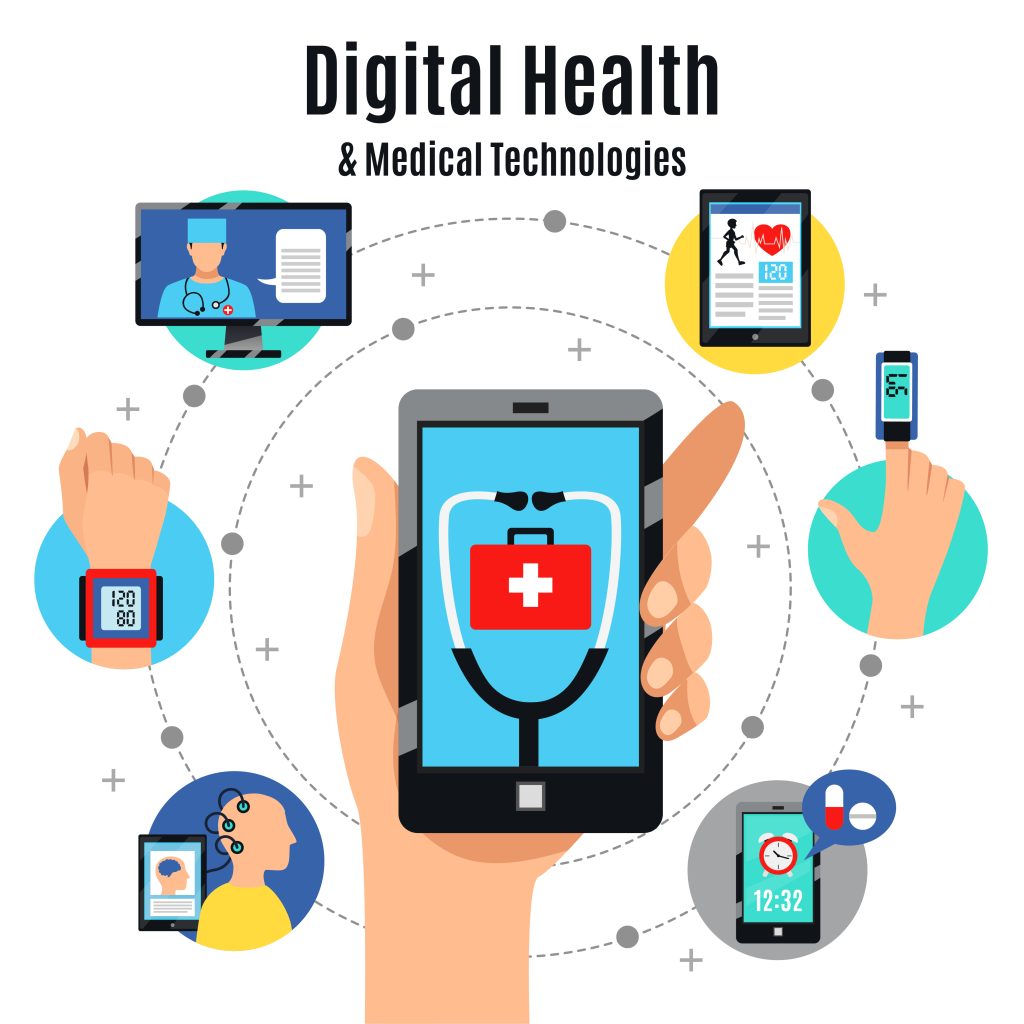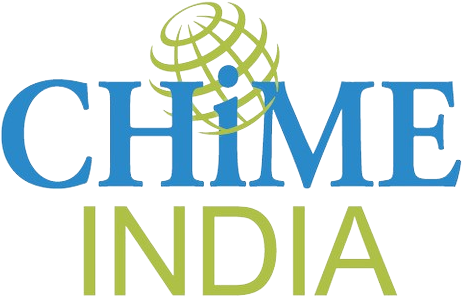Written by : Arun Ramalingam
April 5, 2023

Interoperability is the ability of different healthcare information systems and technologies to communicate and exchange data seamlessly, do healthcare organizations realize the potential of interoperability?
The Importance of Interoperability in Healthcare
Interoperability is essential to healthcare organizations for several reasons. First, it allows healthcare providers to access patient information quickly and easily. This information includes medical history, medications, allergies, lab results, imaging studies, and more. With interoperability, providers can access this information from different sources, even if they are using different electronic health record (EHR) systems. By saving time and reducing errors, providers can avoid duplicating tests or treatments that have already been performed.
Second, interoperability enables healthcare providers to share data with each other. This is especially important when patients receive care from multiple providers or when they are referred to a specialist. With interoperability, providers can share patient information securely and in real-time. This can help in making more informed decisions about patient care. This can also reduce the risk of adverse events, such as medication errors or missed diagnoses.
Third, interoperability can help reduce healthcare costs. By enabling providers to access and share patient information more easily, interoperability can reduce the need for unnecessary tests, procedures, or hospitalizations. It can also reduce administrative costs associated with managing and sharing patient information across different systems.
Fourth, interoperability is essential for advancing healthcare research and improving population health. By enabling healthcare providers to access and share patient data across different systems, interoperability can help researchers identify patterns and trends in patient outcomes, which can lead to new insights and treatments. It can also help public health officials track disease outbreaks and other public health threats more effectively, this can be a game-changer in the face of a virus such as COVID-19.

The Role of Interoperability in Healthcare
Interoperability plays a vital role in healthcare, and several organizations are working to promote and facilitate interoperability in the healthcare industry. One such organization is the Office of the National Coordinator for Health Information Technology (ONC), which oversees the implementation of the Health Information Technology for Economic and Clinical Health (HITECH) Act. The HITECH Act provides financial incentives for healthcare providers who implement EHR systems that meet certain interoperability standards.
Another organization that promotes interoperability in healthcare is the Healthcare Information and Management Systems Society (HIMSS). HIMSS is a global organization that promotes the use of information technology in healthcare. It provides education, resources, and networking opportunities for healthcare providers, IT professionals, and other stakeholders in the healthcare industry.
In addition to these organizations, several healthcare providers and technology vendors are working to promote interoperability. For example, some EHR vendors are developing APIs (Application Programming Interfaces) that allow other systems to access EHR data securely. Some healthcare providers are also implementing patient portals that allow patients to access their medical records online.
Is interoperability a reality?
Interoperability is a critical factor in delivering high-quality healthcare. It enables healthcare providers to access and share patient information more easily, which can lead to better patient outcomes, reduced healthcare costs, and improved population health. While several organizations and stakeholders are working to promote interoperability in healthcare, there is still much work to be done. As the healthcare industry continues to evolve, it will be essential to continue promoting and facilitating interoperability to ensure that patients receive the best possible care.
The College of Healthcare Information Management Executives (CHIME) is an executive organization dedicated to serving senior digital health leaders. CHIME includes more than 5,000 members in 56 countries and two US territories and partners with over 150 healthcare IT businesses and professional services firms. CHIME enables its members and business partners to collaborate, exchange ideas, develop professionally and advocate the effective use of information management to improve the health and care throughout the communities they serve. CHIME's members are chief information officers (CIOs), chief medical information officers (CMIOs), chief nursing information officers (CNIOs), chief innovation officers (CIOs), chief digital officers (CDOs), and other senior healthcare leaders. The CHIME India Chapter became the first international chapter outside North America in 2016 and is now a community of over 70+ members in India. For more information, please visit www.chimecentral.org
